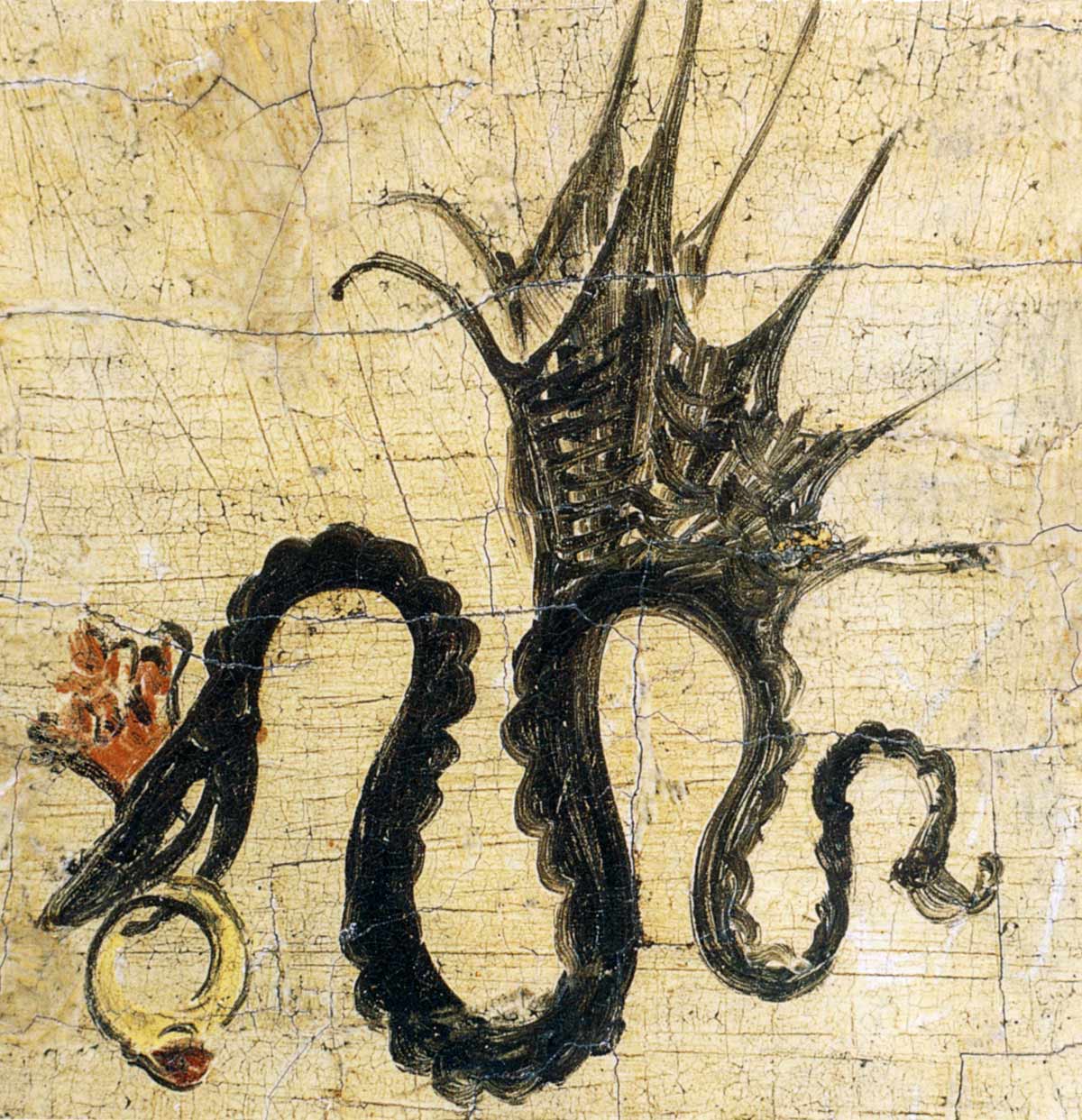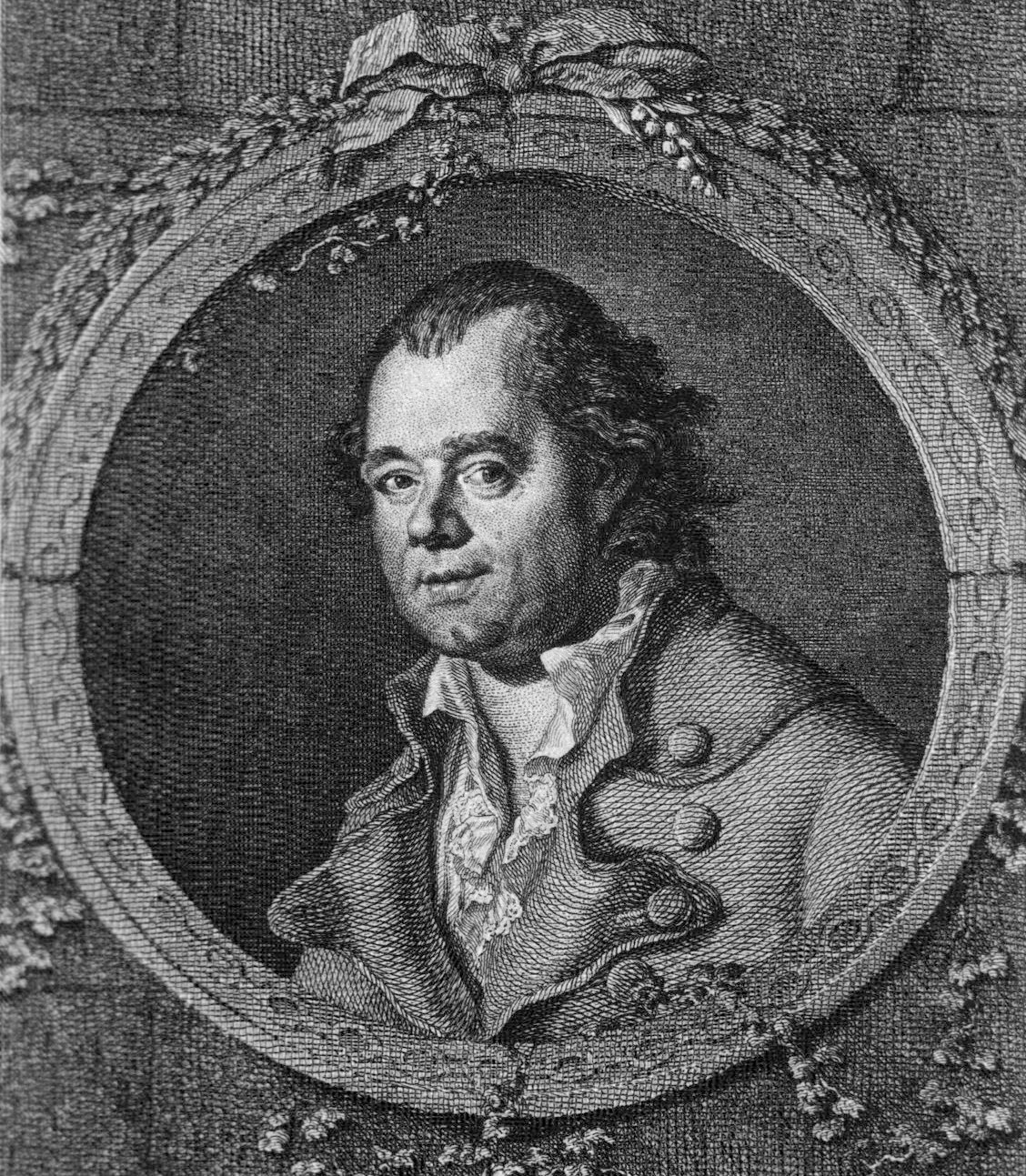|
Jacobsfriedhof
The Jacobsfriedhof, also known as the Jakobskirchhof ("St. James's Burial Ground" or "Churchyard"), is the oldest extant burial ground in Weimar, Thuringia, Germany, on land round the Jakobskirche (St. James's Church). The first burials took place here as early as the 12th century. The burial ground is located in the Jacobsvorstadt, which in the Middle Ages provided accommodation outside the city walls for pilgrims on their way to Santiago de Compostela (and today forms part of the historic Old Town under UNESCO protection). From 1530 to 1818 it was the only burial ground in Weimar. After 1818, when the "''Neue Friedhof vor dem Frauentore''" ("New Burial Ground before the Gate of Our Lady") was opened, now known as the Historical Cemetery, Weimar, many of the graves in the Jacobsfriedhof were levelled. From 1840 no more burials took place here, and the burial ground fell slowly into disrepair. Later the Weimar municipal authorities took it over and converted the burial g ... [...More Info...] [...Related Items...] OR: [Wikipedia] [Google] [Baidu] |
Johann Karl August Musäus
Johann Karl August Musäus (29 March 1735 – 28 October 1787) was a popular German author and one of the first collectors of German folk stories, most celebrated for his '' Volksmärchen der Deutschen'' (1782–1787), a collection of German fairy tales retold as satires. Biography Born in Jena on 29 March 1735, the only son of Joseph Christoph Musäus, a judge. In 1743 his father became a councillor and police magistrate in Eisenach, and the young Musäus moved to live with his godfather and uncle Dr. Johann Weißenborn in Allstedt, who was entrusted with his education and treated Musäus like a son. He continued living with his uncle until he was nineteen years old, even when his uncle became general superintendent of Eisenach in 1744, a move which brought him to the same city as his parents again. Musäus entered the University of Jena in 1754 to study theology (probably the choice of his godfather rather than his own), and was admitted into German Society around this time, ... [...More Info...] [...Related Items...] OR: [Wikipedia] [Google] [Baidu] |
Georg Neumark
Georg Neumark (16 March 1621 – 8 July 1681) was a German poet and composer of hymns. Life Neumark was born in Langensalza, the son of Michael Neumark and his wife Martha. From 1630 he attended the gymnasium in Schleusingen and later transferred to that of Gotha. In 1640 he began law studies at the University of Königsberg. Fleeing the tumult of war he took a position as tutor in Kiel. In 1643 he was able to return to Königsberg, where he devoted himself more and more to music, in which he was greatly supported by Simon Dach. After graduating in law Neumark went first to Danzig and in 1649 to Thorn. Two years later, in 1651, he returned to his native Thuringia. There his uncle, councilor Plattner, introduced him to the duke Wilhelm IV of Saxe-Weimar, who appointed him ''Kanzleiregistrator'' and in 1652 librarian. In the following year the duke brought Neumark into the Fruchtbringende Gesellschaft. He received the nickname ''der Sprossende'' (the sprouting) an ... [...More Info...] [...Related Items...] OR: [Wikipedia] [Google] [Baidu] |
Lucas Cranach The Elder
Lucas Cranach the Elder (german: Lucas Cranach der Ältere ; – 16 October 1553) was a German Renaissance painter and printmaker in woodcut and engraving. He was court painter to the Electors of Saxony for most of his career, and is known for his portraits, both of German princes and those of the leaders of the Protestant Reformation, whose cause he embraced with enthusiasm. He was a close friend of Martin Luther. Cranach also painted religious subjects, first in the Catholic tradition, and later trying to find new ways of conveying Lutheran religious concerns in art. He continued throughout his career to paint nude subjects drawn from mythology and religion. Cranach had a large workshop and many of his works exist in different versions; his son Lucas Cranach the Younger and others continued to create versions of his father's works for decades after his death. He has been considered the most successful German artist of his time. Early life He was born at Kronach in upper ... [...More Info...] [...Related Items...] OR: [Wikipedia] [Google] [Baidu] |
Portal Jakobskirchhof (bearbeitet)
Portal often refers to: *Portal (architecture), an opening in a wall of a building, gate or fortification, or the extremities (ends) of a tunnel Portal may also refer to: Arts and entertainment Gaming * ''Portal'' (series), two video games developed by Valve ** ''Portal'' (video game), a 2007 video game, the first in the series ** ''Portal 2'', the 2011 sequel ** '' Portal Stories: Mel'', a mod for ''Portal 2'' * ''Portal'' (1986 video game), a 1986 computer game by Activision * Portal (''Magic: The Gathering''), a set in the ''Magic: The Gathering'' card game * Portal (video game element), an element in video game design Music * Portal (band), an Australian extreme metal band * ''Portal'' (album), a 1994 album by Wendy & Carl * ''Portals'' (Arsonists Get All the Girls album), 2009 * ''Portals'' (Sub Focus and Wilkinson album), 2020 * "Portals", by Alan Silvestri, from the soundtrack for the film '' Avengers: Endgame'' * ''Portals (EP)'', a 2022 EP by Kirk Hammett O ... [...More Info...] [...Related Items...] OR: [Wikipedia] [Google] [Baidu] |
Friedrich Von Schiller
Johann Christoph Friedrich von Schiller (, short: ; 10 November 17599 May 1805) was a German playwright, poet, and philosopher. During the last seventeen years of his life (1788–1805), Schiller developed a productive, if complicated, friendship with the already famous and influential Johann Wolfgang von Goethe. They frequently discussed issues concerning aesthetics, and Schiller encouraged Goethe to finish works that he had left as sketches. This relationship and these discussions led to a period now referred to as Weimar Classicism. They also worked together on ''Xenien'', a collection of short satirical poems in which both Schiller and Goethe challenge opponents of their philosophical vision. Early life and career Friedrich Schiller was born on 10 November 1759, in Marbach, Württemberg, as the only son of military doctor Johann Kaspar Schiller (1733–1796) and Elisabetha Dorothea Schiller (1732–1802). They also had five daughters, including Christophine, the eldest. ... [...More Info...] [...Related Items...] OR: [Wikipedia] [Google] [Baidu] |
Johann Joachim Christoph Bode
Johann Joachim Christoph Bode (January 16, 1731 – December 13, 1793) was a well-known Germany, German translator of literary works. Life Bode was born in Braunschweig, the son of a poor day laborer from Schöppenstedt, and went as a shepherd boy to his grandfather in Salzgitter#City structure, Barum. From 1745 he studied music in Braunschweig, and in 1750 became an oboist in an ensemble there. He continued his music studies at the University of Helmstedt, where he also learned French and English. In 1752, he composed a number of works in Hannover, where he also began to write. At the death of his wife in 1757, Bode went to Hamburg, where he worked as a language and music teacher, and also began to translate works from French and English to German. He worked for the Kochsche Theater, and from 1762–63 edited the ''Hamburgischen Korrespondenten''. By a second marriage to a rich pupil (Simonette Tam), he came into the possession of a large fortune. When she died after several ye ... [...More Info...] [...Related Items...] OR: [Wikipedia] [Google] [Baidu] |
Johann Martin Mieding
Johann, typically a male given name, is the German form of ''Iohannes'', which is the Latin form of the Greek name ''Iōánnēs'' (), itself derived from Hebrew name ''Yochanan'' () in turn from its extended form (), meaning "Yahweh is Gracious" or "Yahweh is Merciful". Its English language equivalent is John. It is uncommon as a surname. People People with the name Johann include: Mononym *Johann, Count of Cleves (died 1368), nobleman of the Holy Roman Empire *Johann, Count of Leiningen-Dagsburg-Falkenburg (1662–1698), German nobleman *Johann, Prince of Hohenzollern-Sigmaringen (1578–1638), German nobleman A–K * Johann Adam Hiller (1728–1804), German composer * Johann Adam Reincken (1643–1722), Dutch/German organist * Johann Adam Remele (died 1740), German court painter * Johann Adolf I, Duke of Saxe-Weissenfels (1649–1697) * Johann Adolph Hasse (1699-1783), German Composer * Johann Altfuldisch (1911—1947), German Nazi SS concentration camp officer executed for wa ... [...More Info...] [...Related Items...] OR: [Wikipedia] [Google] [Baidu] |
Grabstein Für Friedrich Wilhelm Carl Von Schmettau
Marty Grabstein (born November 28, 1954) is an American actor, best known for voicing Courage in '' Courage the Cowardly Dog''. Career Grabstein's career has included work in films, television series, live sketch comedy, theater and commercials. Grabstein’s film credits include ''Bury The Evidence'' and ''Apartment #5C''. His television credits include parts on three ''Law & Order'' series, ''Third Watch'', and '' Conviction.'' In addition to roles in several theater productions, Grabstein co-wrote and co-starred with Rick Mowat for their sketch comedy act Lab Rats, which performed to rave reviews in comedy clubs throughout New York City. For instance, as The Lab Rats they were regular performers in Joel Selmeier's ''One Minute Play Contest'' about which John Heilpern, in a review in the New York Observer, wrote "one brilliant sketch (created and performed by two lunatics, Marty Grabstein and Rick Mowat) had me on the floor with laughter. Entitled ''Long Fuse,'' it had just two ... [...More Info...] [...Related Items...] OR: [Wikipedia] [Google] [Baidu] |
Bode Grabstein@Weimar Jakobskirche Kirchhof
{{disambiguatio ...
Bode may refer to: People * Bode (surname) * Bode Miller (born 1977), American skier * Bode Sowande (born 1948), Nigerian writer and dramatist * Bode Thomas (1918–1953), Nigerian politician Geography * Böde, village in Zala County, Hungary * Bode, Iowa, city in Humboldt County, Iowa, United States * Bode, Nepal, city in Bhaktapur District, Nepal * Bode (river), a major river in Saxony-Anhalt, Germany, tributary of the Saale * Bode (Wipper), a small river in Thuringia, Germany, tributary of the Wipper Other * Bode (crater), lunar crater * Bode plot, graph used in electrical engineering and control theory * Bode (fashion brand), American clothing company See also * Bodie (other) * Bodhi The English term enlightenment is the Western translation of various Buddhist terms, most notably bodhi and vimutti. The abstract noun ''bodhi'' (; Sanskrit: बोधि; Pali: ''bodhi''), means the knowledge or wisdom, or awakened intellect ... [...More Info...] [...Related Items...] OR: [Wikipedia] [Google] [Baidu] |
.jpg)


